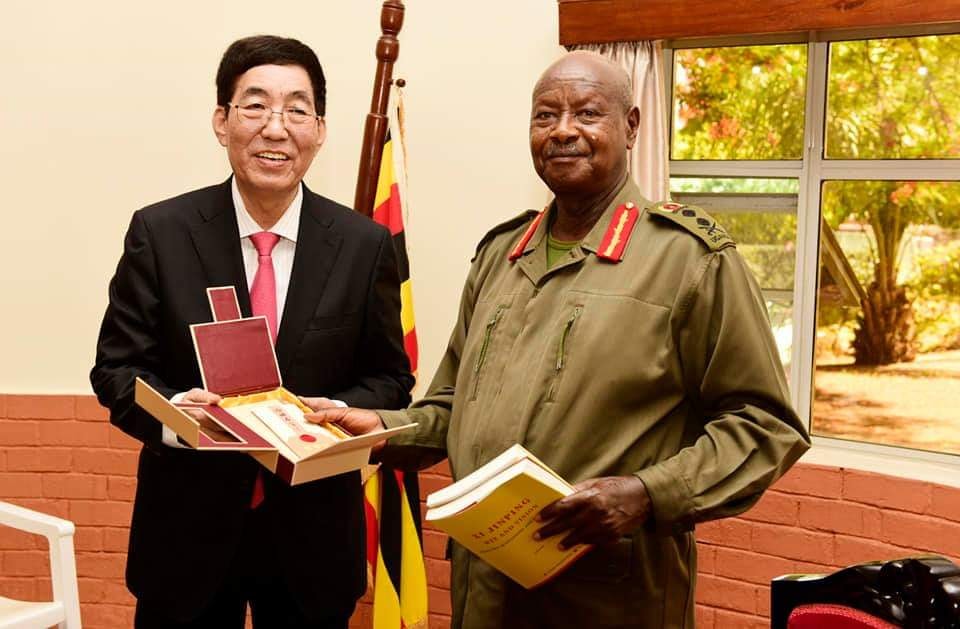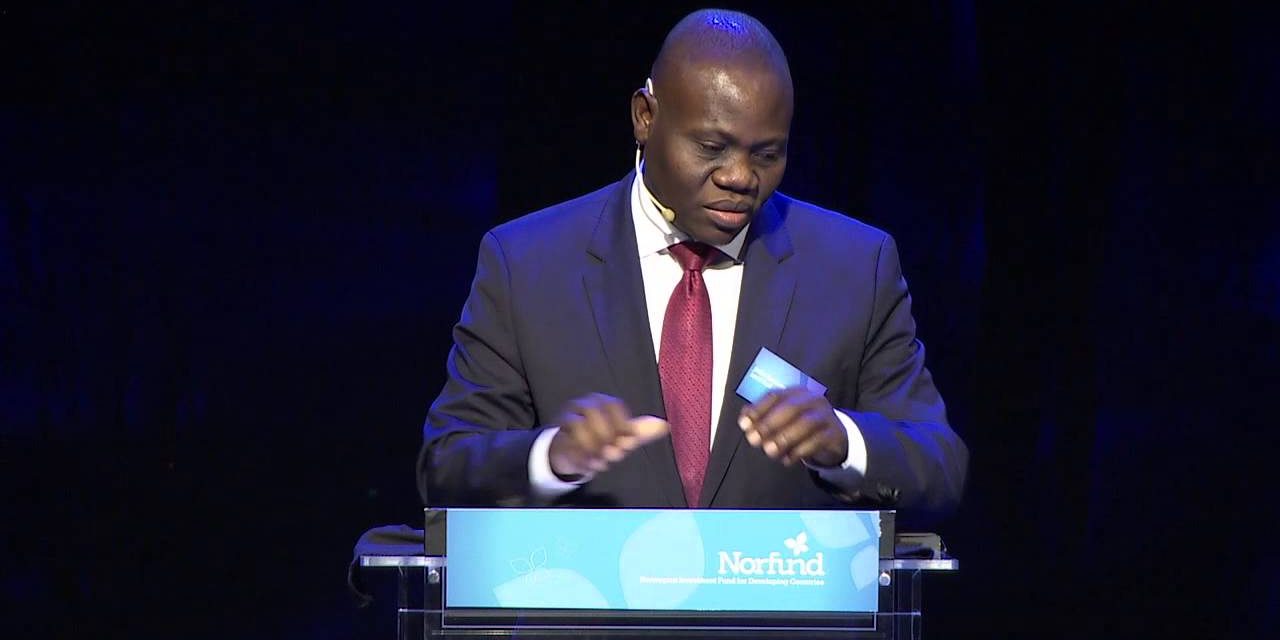In recent times, the labour externalization programme which allows migrant workers from Ugandans to work in the middle East, for comparatively far better wages, has attracted backlash from a section of the public.
This may be a result of two different but interrelated factors; limited public knowledge of labour externalization and negative media coverage.
First, it is worth noting that labour externalization is a Government programme superintended over by Ministry of Gender, labour and social Development. Government entered into bilateral agreements with the Hashemite Kingdom of Jordan, Royal Kingdom of Saudi Arabia and most recently with United Arab Emirates(yet to be operationalized) to allow migrant workers from Uganda who wish to seek employment opportunities in these two countries.
To protect these migrant workers, the Government through ministry of gender established a policy framework through The Employment (Recruitment of Ugandan Migrant Workers Abroad) Regulations, 2005 and, the Guidelines on recruitment and placement of Ugandan migrant workers abroad, 2015.
Further the ministry instituted stringent mechanisms through a centralized management system that regulates labour externalization processes which all the sector players including externalizing companies, migrant workers, destination countries must comply with.
So where is the problem? First, there has to be a concession. Labour externalization as a sub sector of our economy has had its challenges.
This was partly the reason that compelled Ministry of Gender between January 2016 to April 2017 to suspend labour externalization until certain reforms were instituted.
The problems here however are two; the trafficking in persons by illicit profiteers that have tarnished labour externalization.
The second problem is biased reporting by some individuals and also a section of Uganda’s media. In the case of trafficking, the number of victims is staggering.
For example, it remains a puzzle that in a country like Oman where government has never licensed deployments, we have over 52,000 workers.
These are all cases of Ugandans either trafficked or leaving on their own since no licensed company recruits workers for that destination.
The vulnerability index of abuse in such destinations is so high and it is these cases of trafficked persons that are subjected to all forms of abuse because of the absence of a protection framework in place.
For example, in 2018 alone, Interpol recorded 27 cases of human rights abuses and almost all were of persons that had gone to the Middle East through informal arrangements.
Out of 27,12 were rescued, one died while Interpol failed to trace the rest that had made distresscalls.
The other problem that labour externalization is facing is biased and sensational reporting from sections of the media and some individuals either with vested interests in tarnishing the program or out of ignorance.
Labour externalisation program continues to provide countless employment opportunities to thousands of Ugandans.
There are many documented but unpublished testimonies of thousands of lives that have benefited from this program.
Young people previously unemployed in Uganda, who have earned decent wages in the middle east and made sound investments back home that have transformed their lives and those of their families.
However, there has also been a few cases of abuse that all key sector players including Uganda Association of External Recruiting Agencies (UAERA), Government of Uganda and the destination countries are currently trying to address.
For example, UAERA has established a Monitoring and Complaints handling Office in Saudi Arabia to monitor and handle any cases of abuse. Government of Uganda, through the foreign affairs and labour ministries is engaging her counterparts in UAE, Oman, Qatar and Bahrain and other countries to institute protection mechanisms against trafficking in persons and also protect Ugandan workers living there by providing consular services and discussing Bilateral Labour agreements with these countries..
Lastly, the value for money audit conducted by the Office of the Auditor General on the regulation of labour externalization by ministry of gender, labour, and social development in 2017 made a number of actionable recommendations including setting up a tracking system that monitors the recording, coding, investigation and resolution of all complaints raised by migrant workers.
Ministry of Gender is
implementing most of these recommendations and they have helped in further
mitigating some cases of abuse against migrant workers.
Ronnie Mukundane is the
Public Relations Officer/Spokesperson -Uganda Association of External
Recruitment Agencies
ronnie.mukundane1@gmail.com

















